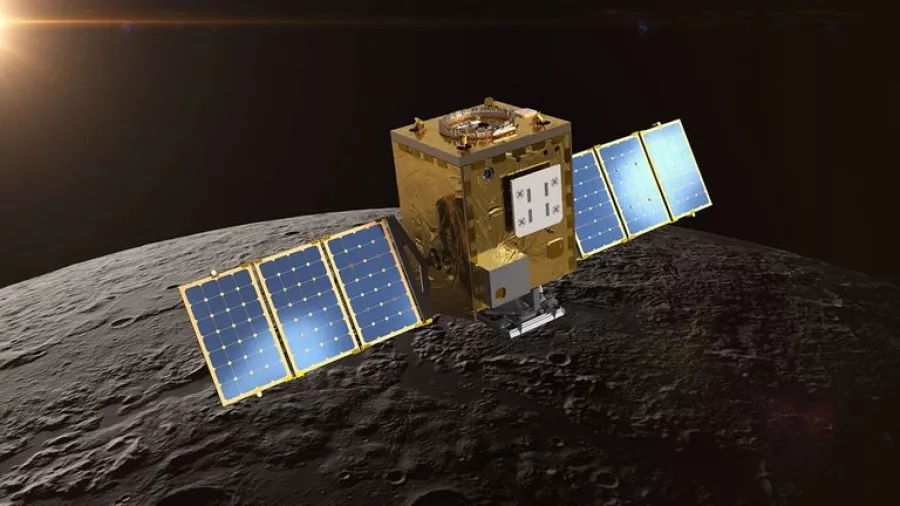 NASA's Cassini spacecraft disintegrated in the skies above Saturn on Friday in a final, fateful blaze of cosmic glory, following a remarkable journey of 20 years.
NASA's Cassini spacecraft disintegrated in the skies above Saturn on Friday in a final, fateful blaze of cosmic glory, following a remarkable journey of 20 years.
Confirmation of Cassini's expected demise came about 7:55 a.m. EDT. That's when radio signals from the spacecraft — its last scientific gifts to Earth — came to an abrupt halt. The radio waves went flat, and the spacecraft fell silent.
Cassini actually burned up like a meteor 83 minutes earlier as it dove through Saturn's atmosphere, becoming one with the giant gas planet it set out in 1997 to explore. But it took that long for the news to reach Earth a billion miles away.
The only spacecraft to ever orbit Saturn, Cassini showed us the planet, its rings and moons up close in all their splendor. Perhaps most tantalizing, ocean worlds were unveiled on the moons Enceladus and Titan, which could possibly harbor life.


 In the middle of the 7th century, a plague swept through the walled city of Jerash,...
In the middle of the 7th century, a plague swept through the walled city of Jerash,... A newly discovered species of large dinosaur lived in marshy areas, hunted for fish and had...
A newly discovered species of large dinosaur lived in marshy areas, hunted for fish and had... On February 26, 2025, a NASA probe called Lunar Trailblazer lifted off from Kennedy Space Center...
On February 26, 2025, a NASA probe called Lunar Trailblazer lifted off from Kennedy Space Center... She navigated segregation to become an esteemed mathematician — and today, her work helps billions of...
She navigated segregation to become an esteemed mathematician — and today, her work helps billions of...






























